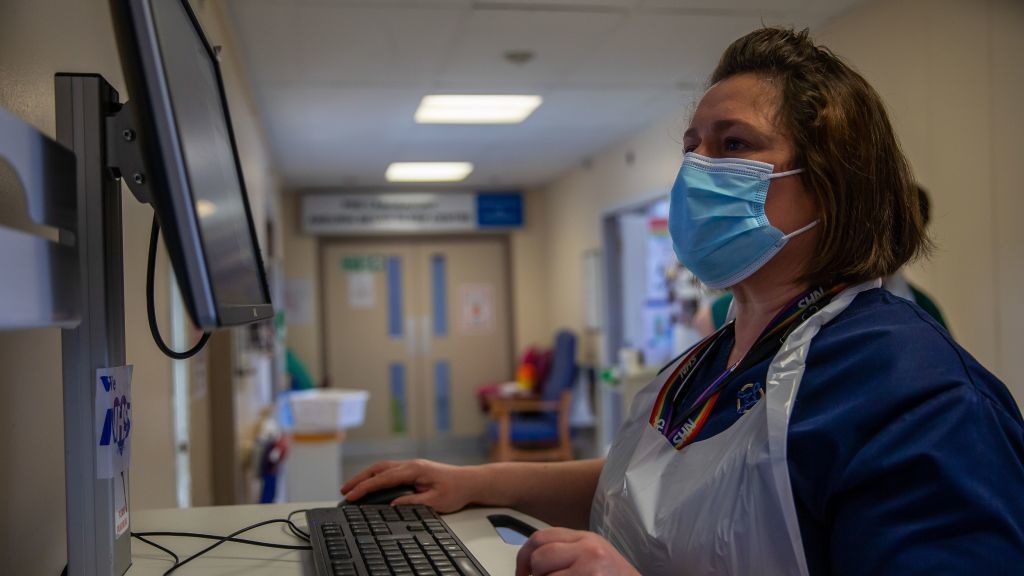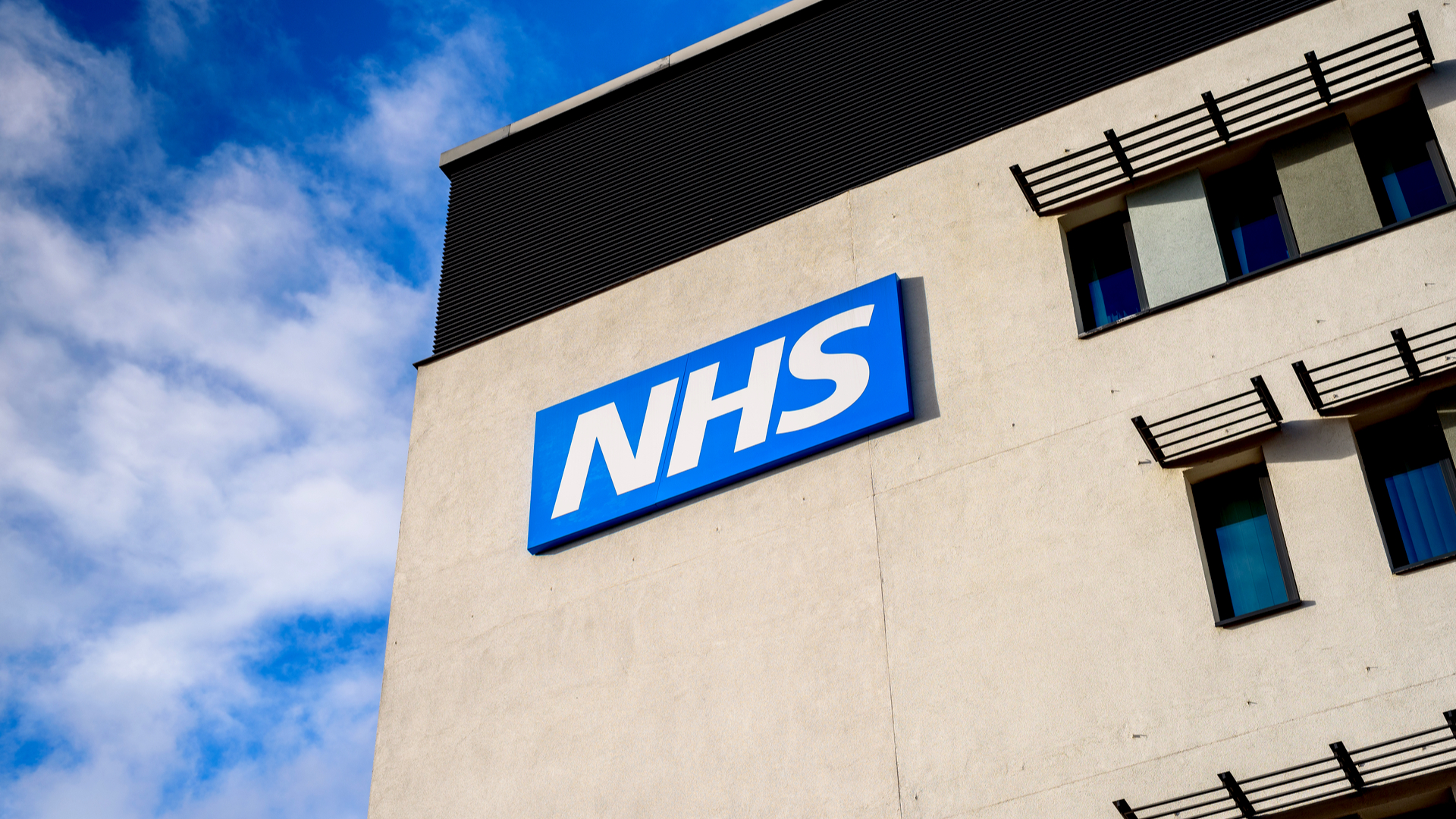Public Sector roundup: Hospital tracks with RFID
Scottish hospitals use RFID for asset tracking, Newcastle opts for e-records and a Glasgow regeneration group battles spam.


Asset tracking for Scottish hospitals
Greater Glasgow and Clyde hospitals are the first NHS institutions in Scotland to use an asset tracking system, initially rolled out to the Royal Alexandra Hopsital (RAH) in Paisley.
The Carillion IT Services system uses a wireless network and radio frequency identification tags to keep watch of the location of devices such as defibrillators, pumps and blood pressure monitors, giving staff quicker access to such life-saving equipment.
Jason Britton, clinical scientist at the RAH, said: "The technology that has been installed should improve efficiency at the hospital considerably due to reducing the amount of time healthcare professionals will spend trying to locate portable equipment as it is moved across different wards."
He added: "The amount of money we have invested on installing this cutting-edge technology should be recouped through the substantial savings we will make in precious staff time and resources and ensuring that all the potential benefits of the wireless network are properly exploited."
The hospital is also looking at using their new wireless network to support mobile Wi-Fi phones, to boost communication between emergency ward and the rest of the hospital.
Newcastle hospitals get US records tech
Get the ITPro daily newsletter
Sign up today and you will receive a free copy of our Future Focus 2025 report - the leading guidance on AI, cybersecurity and other IT challenges as per 700+ senior executives
The Newcastle upon Tyne Hospitals Foundation Trust has teamed up with the University of Pittsburgh Medical Centre (UPMC) on an electronic health records project.
The 14-month plan will see three hospitals deploy five e-records applications, which help organise inpatient order entry, patient administration, pharmacy management, operating room systems and accident and emergency services.
"Our senior health care professionals are delighted with the opportunity to move forward with such enhanced IT systems. In addition, we are considering collaborations with UPMC in clinical medicine, research and development, which will be significantly strengthened by this IT improvement," said Dr Timothy Walls, medical director of Newcastle Hospitals.
The partnership will look to offers such systems to other UK hospital trusts as well.
Glasgow agency takes on spam
Glasgow North Regeneration Agency (GNRA) has opted for Credativ's Open Security Filter to protect its email systems and the organisation from spam and web-based attacks.
Once the system was installed, GNRA staff immediately noticed a decrease in spam, which helped boost efficiency of staff, as they no longer needed to trawl through so many bogus messages. And they receive a lot of spam - some 95 per cent of their messages are not genuine.
Julie Keane, GNRA IT manager, said: "It is easy for us to skim through the quarantined emails on a regular basis, rather than having our inboxes bombarded by them."
Freelance journalist Nicole Kobie first started writing for ITPro in 2007, with bylines in New Scientist, Wired, PC Pro and many more.
Nicole the author of a book about the history of technology, The Long History of the Future.
-
 Should AI PCs be part of your next hardware refresh?
Should AI PCs be part of your next hardware refresh?AI PCs are fast becoming a business staple and a surefire way to future-proof your business
By Bobby Hellard Published
-
 Westcon-Comstor and Vectra AI launch brace of new channel initiatives
Westcon-Comstor and Vectra AI launch brace of new channel initiativesNews Westcon-Comstor and Vectra AI have announced the launch of two new channel growth initiatives focused on the managed security service provider (MSSP) space and AWS Marketplace.
By Daniel Todd Published
-
 NHS leaders are keen to adopt new digital tools, but IT can't solve problems on its own
NHS leaders are keen to adopt new digital tools, but IT can't solve problems on its ownA survey of healthcare decision-makers finds they believe IoT devices and electronic health recording could help them reach more patients quicker
By Emma Woollacott Published
-
 How a paperless approach cut wasted staff hours at Bradford Teaching Hospitals Trust
How a paperless approach cut wasted staff hours at Bradford Teaching Hospitals TrustCase study Through DrDoctor’s digital portal for patient appointments and advice, the Rheumatology team at Bradford Teaching Hospitals NHS Foundation Trust has dramatically cut
By Peter Ray Allison Published
-
 Healthcare’s next chapter
Healthcare’s next chapterwhitepaper Revolutionizing how you care with EPR experts you can trust
By ITPro Published
-
 How digital experience management helped an NHS trust improve productivity
How digital experience management helped an NHS trust improve productivityCase study Princess Alexandra Hospital NHS Trust used digital experience management to cut device failure and restore time to clinicians
By Rene Millman Published
-
 Will the NHS Federated Data Platform transform UK healthcare?
Will the NHS Federated Data Platform transform UK healthcare?In-depth Plans to create a data platform in partnership with the private sector could revolutionize NHS treatment, but concerns over data privacy and security are festering
By Jonathan Weinberg Published
-
 NHS IT issues costing doctors more than 13 million hours annually
NHS IT issues costing doctors more than 13 million hours annuallyNews Doctors warn that ageing IT infrastructure is impacting patient care and clinical outcomes
By Ross Kelly Published
-
 Automation is helping the NHS clear its patient backlog, but not as quickly as expected
Automation is helping the NHS clear its patient backlog, but not as quickly as expectedAnalysis The healthcare service's big bet on robotic process automation is making 'impactful' but slow progress
By Connor Jones Published
-
 DHSC sets out ambitious targets for NHS App by 2023, beyond
DHSC sets out ambitious targets for NHS App by 2023, beyondNews Ongoing NHS digitisation efforts will form backbone of the new system
By Rory Bathgate Published